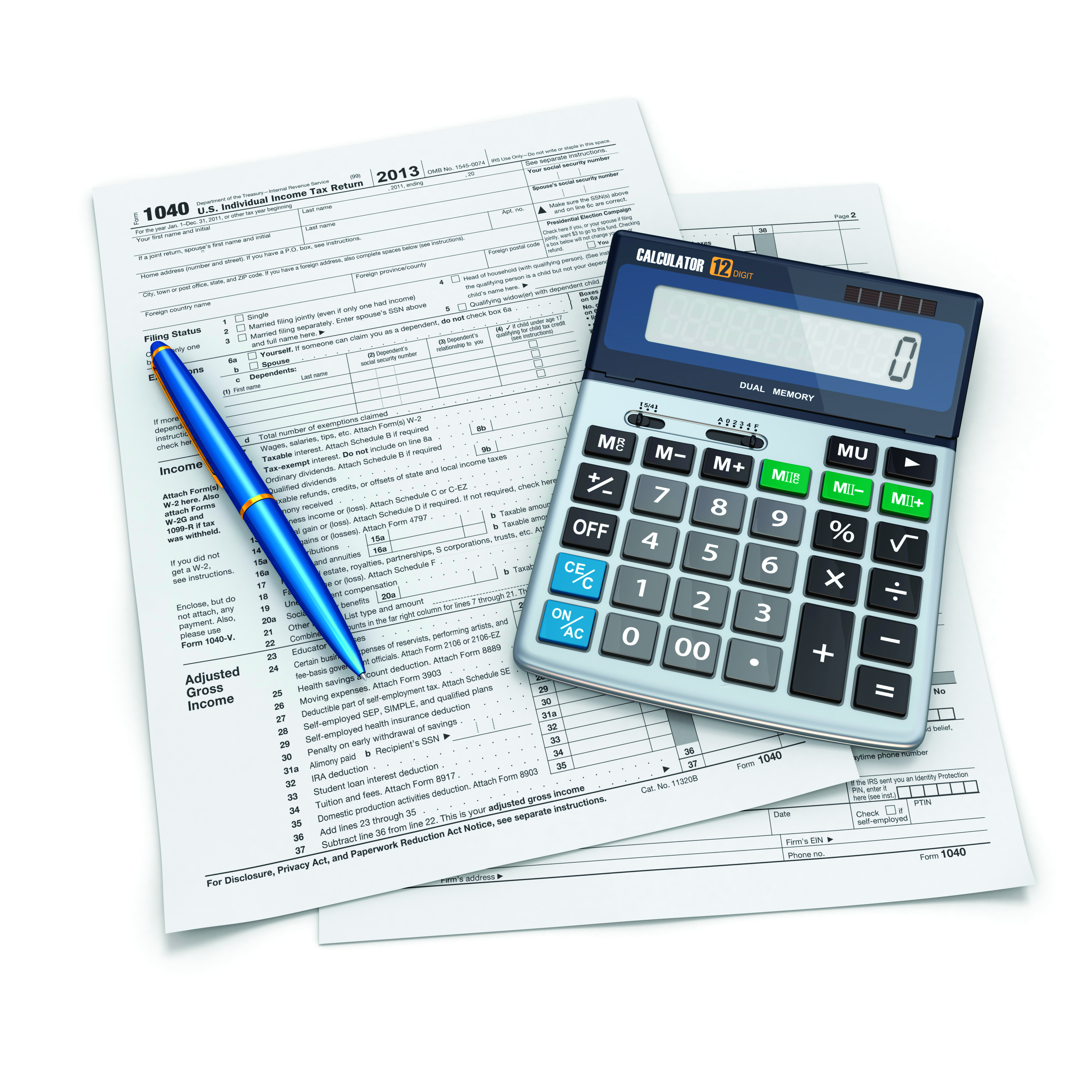
by Michael B. Bridges, Attorney; Dobson, Jones, Ball, Phillips & Bridges, P.A.
Yes, if certain requirements are satisfied and the expense is a deductible medical expense. The tax law generally provides that expenses for medical care are deductible to the extent that they are not compensated by insurance or otherwise and exceed ten percent of the taxpayer’s adjusted gross income (seven and a half percent for those 65 or older in years 2014, 2015 or 2016). The definition of medical care includes qualified long term care services.
What are qualified long term care services? The tax law defines this term as necessary diagnostic, preventative, therapeutic, curing, treating, mitigating, and rehabilitative services and maintenance or personal care services required by a chronically ill individual and provided pursuant to a plan of care prescribed by a licensed health care practitioner (physician, registered nurse, or licensed social worker).
A chronically ill individual is any individual who has been certified by a licensed health care practitioner as meeting one of three tests: (1) being unable to perform at least two of six specified activities of daily living (eating, toileting, transferring, bathing, dressing, and continence) for a period of at least 90 days due to a loss of functional capacity (“the ADL level of disability test”); (2) having a level of disability similar to the ADL level of disability as determined under regulations prescribed by the Secretary in consultation with the Secretary of Health and Human Services (“the similar level of disability test”); or (3) requiring substantial supervision to protect the individual from threats to health and safety due to severe cognitive impairment (“cognitive impairment test”).
Finally, an individual who qualifies as being chronically ill will not qualify unless during the preceding 12 month period the licensed health care practitioner certifies that the individual meets the requirements.
Therefore, there are generally two ways of qualifying for the deduction of long term care services. The individual receiving care must have significant physical disabilities (the ADL test) or have severe cognitive impairment (the cognitive impairment test). Many individuals may satisfy both tests. Deductible long term care expenses can be for household care services, though there are special rules if the caregiver is related to the individual seeking the deduction. If an individual may qualify for the deduction, it is crucial that a physician, registered nurse, or licensed social worker prepare a plan each and every twelve month period for the individual requiring care and verify in detail that the individual satisfies either or both of the tests. I recommend that a tax professional work with the licensed health care practitioner to ensure that the plan is drafted to utilize the deduction if potentially available and updated annually. If the requirements are satisfied and a plan is prepared and drafted in a timely manner, substantial income tax deductions can be achieved for an individual requiring long term care services.



